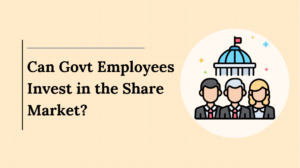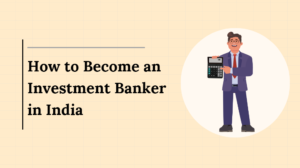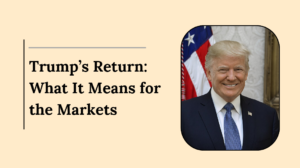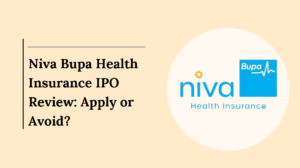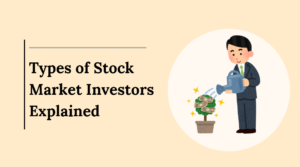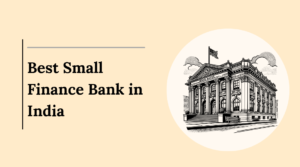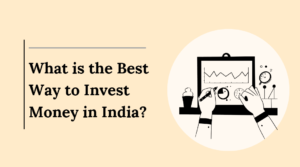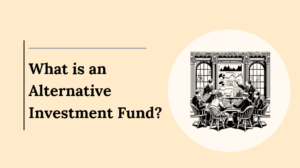With over two decades of experience in finance and business, I’ve learned that preparation is the key to success in job interviews, especially in fields like finance, where precision, analytical thinking, and communication are crucial. The interview process not only assesses your technical skills but also your ability to convey your experience and problem-solving capabilities effectively.
Top 10 Common Finance Interview Questions and How to Tackle Them
In today’s competitive job market, especially in finance and business, interviews can make or break your chances of landing the desired role. While the questions you face can vary depending on the industry, there are certain core interview questions that you should anticipate and prepare for. Here, I’ll walk you through ten of the most common interview questions, and how you can approach them to ensure that you make a strong impression.
1. Tell Me About Yourself
This classic opening question is more than a formality. Interviewers want to see how well you can present your professional story and how aligned your background is with the role you’re interviewing for. In finance, it’s essential to highlight relevant experiences, such as your work with financial models, investment strategies, or any notable achievements in previous roles. Keep your answer concise—aim to showcase how your journey has shaped you into the best candidate for the position.
Rather than diving into personal details, frame your answer around your career trajectory. For example, you might say, “I began my career as a junior financial analyst, which gave me a strong foundation in financial modeling and forecasting.
Over the years, I’ve taken on more strategic roles, such as leading investment projects and optimizing capital structures for various businesses. This role feels like a natural next step as it aligns perfectly with my expertise in financial planning and analysis.”
2. Why Are You the Best Person for the Job?
Here’s your chance to sell yourself. The interviewer is looking for confidence, not arrogance, so it’s crucial to strike the right balance. Start by referencing the job description and the key qualifications they are looking for. Then, weave in your skills and experience that directly match those requirements.
For instance, if the role requires expertise in risk management, you could mention how you’ve handled large-scale risk assessments in your previous roles, and how that experience will help you excel in this position. “In my last position, I was responsible for identifying and mitigating financial risks for a multinational company.
I successfully reduced exposure to currency fluctuations and optimized our hedging strategies. I believe this experience makes me well-suited to handle similar challenges at your company.”
3. Why Do You Want This Job?
This question is designed to assess your motivation for the role and how well you’ve researched the company. In finance, where analytical thinking and strategic planning are essential, you should convey a clear understanding of how the company operates, its culture, and its position within the industry. Demonstrating that you understand the company’s financial health and future prospects is crucial.
For example, you might say, “I’m particularly excited about this role because your company is an industry leader in sustainable investment, an area that I’ve specialized in for the last five years.
I believe my expertise in evaluating environmentally conscious portfolios aligns with your company’s goals, and I look forward to contributing to its continued success.”
4. How Has Your Experience Prepared You for This Role?
In finance, experience is everything. Interviewers want to know how your background has equipped you to handle the responsibilities of the position. This is your opportunity to highlight your most relevant achievements and demonstrate how they’ve prepared you for the role.
Use the STAR method (Situation, Task, Action, Result) to structure your answers. For example, “In my previous role, I led a team that streamlined the budgeting process for a large retail company.
We reduced operational costs by 15% within the first quarter. This experience not only honed my financial analysis skills but also strengthened my leadership abilities, both of which will be essential in this role.”
5. Why Are You Leaving (or Why Did You Leave) Your Current Job?
It’s important to answer this question honestly while maintaining a positive tone. In finance, particularly, where job security and loyalty are often scrutinized, you’ll need to be clear about your reasons for moving on. Whether it’s for better growth opportunities or a more challenging environment, focus on the future rather than the past.
Avoid speaking negatively about your previous employer. Instead, you could say, “I’ve enjoyed my time at my current company, but I’m ready for a new challenge that aligns more closely with my career goals in financial strategy and investment management.”
6. What Is Your Greatest Strength?
In the finance and business sectors, specific strengths are often sought after—analytical thinking, problem-solving, and attention to detail. When answering this question, don’t just list strengths; give an example that demonstrates your capabilities.
“I’d say my greatest strength is my ability to analyze complex financial data and turn it into actionable insights. For example, in my last role, I identified inefficiencies in our portfolio management process, which helped reduce unnecessary costs by 10%.”
7. What Is Your Greatest Weakness?
This question can feel tricky, but it’s an opportunity to show that you are self-aware and committed to improvement. In finance, where attention to detail and accuracy are paramount, you might want to choose a weakness that isn’t critical to your day-to-day responsibilities or one that you have actively worked to improve.
For example, “I used to struggle with overanalyzing data, which sometimes slowed down my decision-making. However, I’ve worked on this by setting clearer deadlines for myself and learning to trust my initial analysis. Now, I’m able to strike a better balance between thoroughness and efficiency.”
8. How Do You Handle Stress and Pressure?
Finance professionals often work in high-pressure environments, especially during earnings reports or critical investment decisions. Your answer should demonstrate that you can remain calm and focused under pressure.
“I’ve found that the key to managing stress is staying organized and prioritizing tasks effectively. For instance, during quarterly financial reporting, I create a detailed project plan that breaks down tasks and deadlines. This ensures that I can stay on top of my responsibilities, even when the pressure is high.”
9. What Are Your Salary Expectations?
This question requires careful preparation. Before the interview, research the average salary for the position based on your location, experience, and the company’s financial standing. It’s essential to have a range in mind rather than a specific number, which allows for negotiation.
“I’ve done some research, and based on my experience and the industry standard, I believe a salary in the range of $X to $Y is appropriate for this role. Of course, I’m open to discussing this further based on the full compensation package.”
10. What Are Your Goals for the Future?
Interviewers want to know if you’re in it for the long haul or simply looking for a stepping stone. In finance, long-term planning is key, so it’s important to demonstrate that you have a clear vision for your career.
“I see myself taking on more strategic responsibilities in finance over the next few years, ideally growing into a leadership position. This role aligns with my goals because it offers opportunities to develop my expertise in financial strategy and leadership.”
Final Thoughts
Preparing for a finance job interview requires not only knowledge of the common questions but also a deep understanding of your professional journey. By answering these questions with confidence and clarity, you’ll be able to showcase your experience and suitability for the role, ensuring a strong performance in your next interview.


